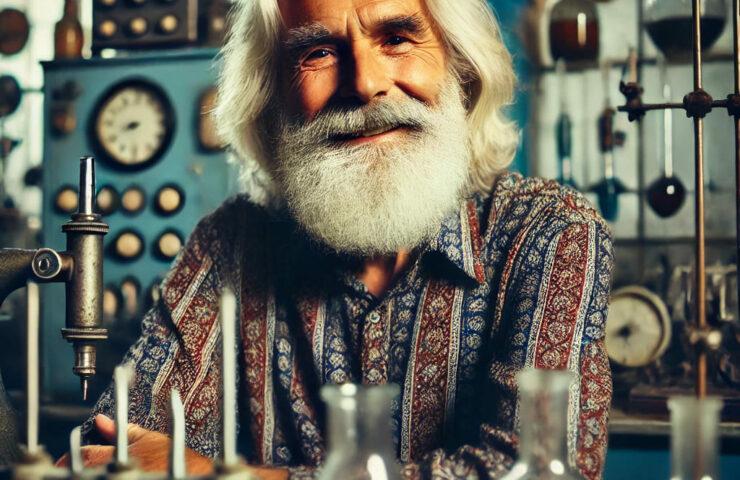
Title: MDMA’s Potential as a Healing Aid for PTSD: A Promising Path Towards Recovery Excerpt: In the depths of her mind, Sarah’s traumatic memories remained etched like scars, tormenting her every waking moment. The debilitating effects of post-traumatic stress disorder (PTSD) had taken its toll on her, leaving her desperate for a glimpse of hope. Little did she know, a groundbreaking therapy involving MDMA was about to offer her a lifeline to a brighter future. For individuals like Sarah, living with the relentless grip of PTSD can feel like an insurmountable challenge. Traditional treatments often fail to provide substantial relief, leaving patients feeling trapped within their own minds. However, emerging research on the therapeutic use of MDMA suggests a potential breakthrough in the field of mental health. MDMA, commonly known as ecstasy, is a synthetic psychoactive substance that gained notoriety in the 1980s and 1990s for its recreational use. However, it is now being explored for its remarkable ability to augment psychotherapy for PTSD. The drug’s unique properties, including increased empathy, reduced fear response, and enhanced emotional introspection, have shown promise in facilitating breakthroughs during therapy sessions. Under careful supervision and in a controlled environment, MDMA-assisted therapy

Title: Alexander Shulgin: Unveiling the Enigmatic Pioneer of Synthetic Drugs In the realm of chemistry, certain individuals are destined to leave an indelible mark on history. One such luminary was Alexander Shulgin, a man whose groundbreaking work redefined the very notion of psychoactive substances. Widely hailed as the grandfather of synthetic drugs, Shulgin’s scientific prowess and insatiable curiosity propelled him to the forefront of a controversial field. Born on June 17, 1925, in Berkeley, California, Shulgin displayed an early proclivity for scientific inquiry. As a young boy, he immersed himself in the world of chemicals, conducting rudimentary experiments in his home laboratory. This fervent passion for chemistry persisted, leading him to pursue a Ph.D. in biochemistry from the University of California, Berkeley, in 1954. Following his academic achievements, Shulgin’s career took an intriguing turn when he joined the Dow Chemical Company. During his tenure there, he played an instrumental role in the development of groundbreaking pesticides, earning him several patents. However, it was his insatiable desire to explore the intricacies of the human mind that would eventually define his legacy. In the 1960s, the counterc








Sex, Drugs, and Rock ‘n’ Roll: The Unholy Trinity of Modern Culture
When we hear the phrase “sex, drugs, and rock ‘n’ roll,” it instantly conjures images of rebellion, hedonism, and a counter-culture that has both fascinated and shocked the world for decades. This…